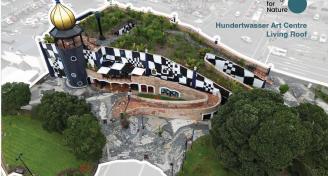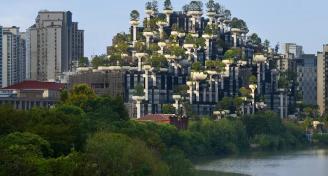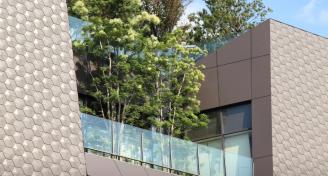Urban Heat Island Research Grant
With Australian cities getting hotter, and heat waves becoming more frequent, finding ways for cities to adapt and build resilience is imperative.
A project led by the University of South Australia has been been granted $1.2 million to tackle heat stress in Australian cities.
Professor Steffen Lehmann and his team for the UniSA project will examine urban microclimates in Sydney, Melbourne and Adelaide in a project spanning three years and bringing together three universities and eight industry and government partners, including SA Urban Renewal Authority, BlueScope Steel, Hassell Architects, the City of Sydney and CSIRO.
The project will focus on the urban heat island effect, and research 'the interplay between urban form, density, materials, surfaces and ambient temperature'.
The urban heat island effect is found in metropolitan areas where a microclimate is created due to human activity. Urban development is a big culprit as original land surfaces are diminished and replaced with dark energy-absorbing roads and buildings. It is also caused by waste heat from airconditioning units, which often need to be used more to combat the effects of heat increases, further exacerbating the problem.





